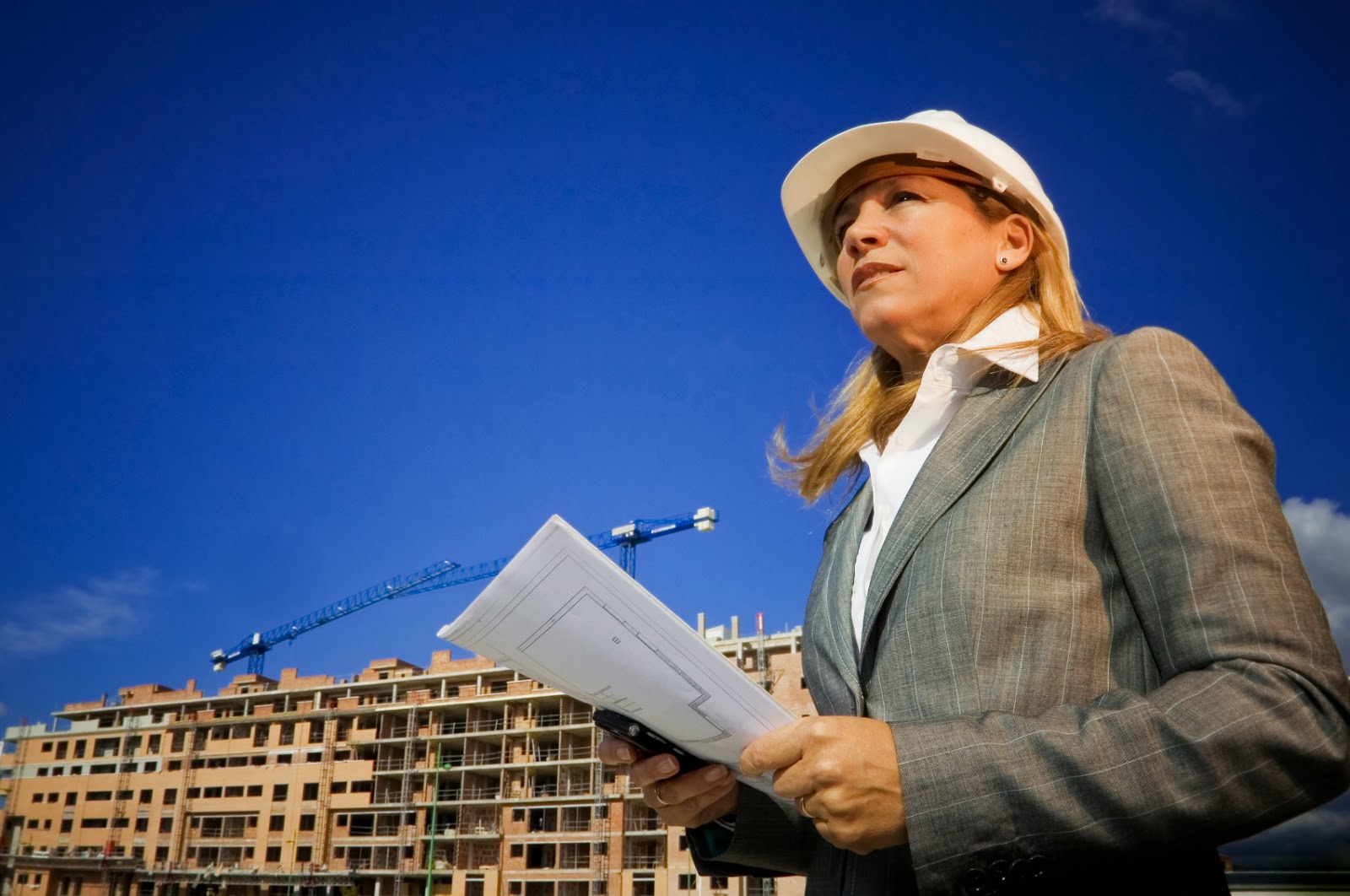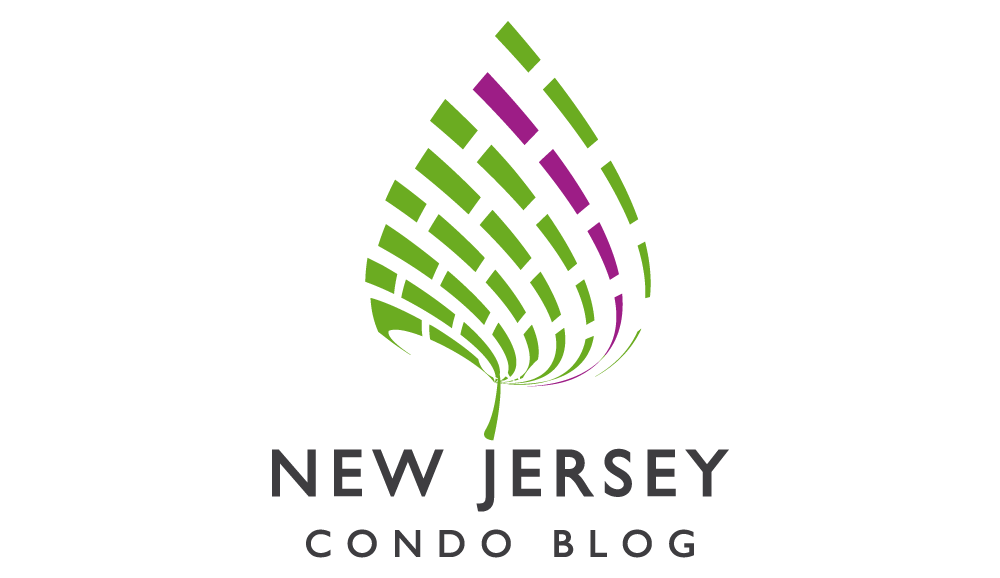
Fiduciary Duty and the Remediation of Construction and Design Defects
The existence of a construction or design defect in a community association gives way to a unique paradox in the nature and scope of the fiduciary duty board members owe to the association and its members. On one hand the board has a fiduciary duty to maintain and provide for the necessary repairs to the common elements. As a result, the board will likely feel pressure from unit owners to immediately address construction or design defects, especially where the defect presents a health or safety concern. On the other hand the board also has an essential obligation to preserve evidence of the defects in the event litigation proves necessary. As fate would have it, the immediate undertaking of invasive inspections or repairs may improperly destroy evidence needed to demonstrate liability and damages. Fortunately, with proper advice and counsel these seemingly inconsistent fiduciary obligations can be satisfied.
The failure to preserve evidence (or the destruction thereof) for use by an adverse party where litigation is probable or pending is known as “spoliation.” The defense of spoliation is premised upon the prejudice that may result where there is not an equal opportunity to inspect the alleged defects and observe any repairs. For example, professionals hired by an association may “destroy” evidence of defects while undertaking invasive inspections, correcting a design or repairing the defect. Even despite exigent circumstances and the fact that association’s retained professionals may document conditions they observe, the failure to give all responsible parties an opportunity to similarly inspect the defect and observe any repairs may severely limit the association’s ability to establish liability and damages.
Therefore, when undertaking remediation efforts, it is important that the association work with legal counsel and other professionals to: (1) develop an orderly procedure for identifying defects; (2) alert all potentially culpable parties; (3) provide an opportunity to inspect; and, (4) permit all parties to observe and document all investigations, testing and remediation efforts. Understandably, the need for repair in some instances may be so time-sensitive that little if any opportunity may be afforded to provide notice of an inspection. While an association is less likely to be penalized for seemingly unavoidable spoliation, if you are currently experiencing problems due to potential construction or design defects, please be sure to seek the advice of counsel immediately. While the members of the board have fiduciary duty to maintain and repair the common elements and may feel pressure to do so sooner rather than later, it’s important to remember they likewise have a fiduciary duty to ensure the preservation of the evidence of construction defects in the event litigation proves necessary.
1 See Robertet Flavors, Inc. v. Tri-Form Const., Inc., 203 N.J. 252 (2010) (Property owner was not allowed to present evidence of claims of mold infiltration and a defective curtain wall against contractor because the owner’s lack of notice of and an opportunity to inspect the remediation work undertaken deprived the contractor of the ability to defend those claims. As a result, the property owner’s evidence was limited to the conditions that were observable prior to remediation).
2 See Robertet, supra., 203 N.J. at 258.




